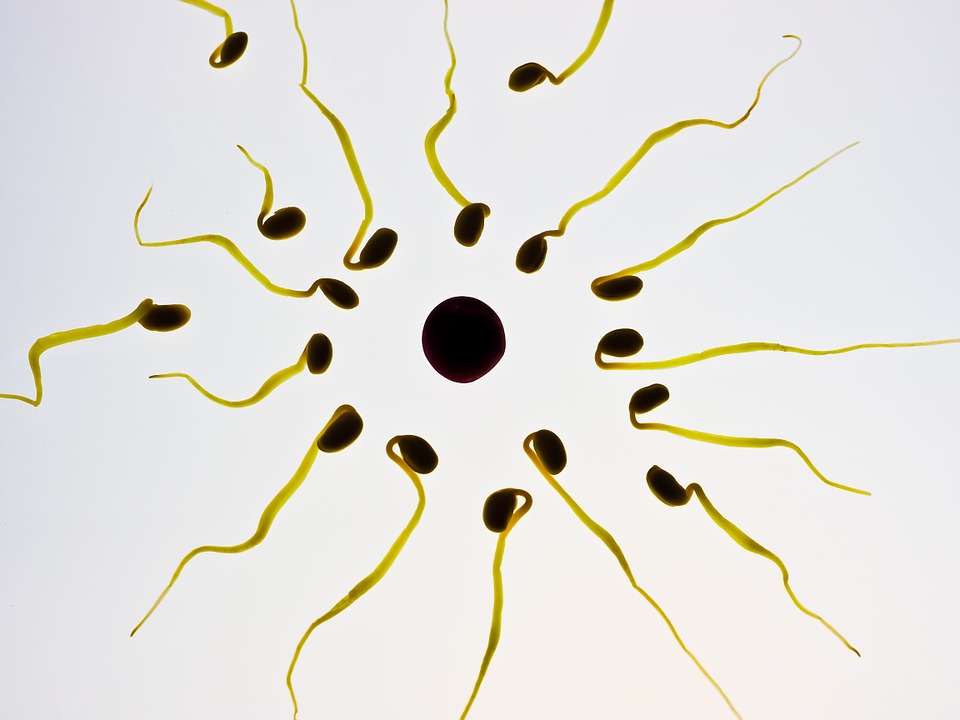Inside the race to make human sex cells in the lab
By Jessica Hamzelou,
MIT Technology Review
| 08. 23. 2022
The way we make babies could be about to change. Maybe.
An embryo forms when sperm meets egg. But what if we could start with other cells—if a blood sample or skin biopsy could be transformed into “artificial” sperm and eggs? What if those were all you needed to make a baby?
That’s the promise of a radical approach to reproduction. Scientists have already created artificial eggs and sperm from mouse cells and used them to create mouse pups. Artificial human sex cells are next.
The advances could herald the end of infertility—there’s no need to worry about a lack of healthy eggs or sperm if you can create new ones in the lab. It would open up alternative routes to parenthood as well. Same-sex couples could have genetically related children. If a cisgender woman could create her own sperm cells, she could use them to fertilize the egg of a partner. Likewise, a cisgender man could produce his own eggs to be fertilized by the sperm of his partner. And why stop there? The technology would allow four parents...
Related Articles
By Diaa Hadid and Shweta Desai, NPR | 01.29.2026
MUMBRA, India — The afternoon sun shines on the woman in a commuter-town café, highlighting her almond-shaped eyes and pale skin, a look often sought after by couples who need an egg to have a baby.
"I have good eggs,"...
By Steve Rose, The Guardian | 01.28.2026
Ed Zitron, EZPR.com; Experience Summit stage;
Web Summit 2024 via Wikipedia Commons licensed under CC by 2.0
If some time in an entirely possible future they come to make a movie about “how the AI bubble burst”, Ed Zitron will...
By Arthur Lazarus, MedPage Today | 01.23.2026
A growing body of contemporary research and reporting exposes how old ideas can find new life when repurposed within modern systems of medicine, technology, and public policy. Over the last decade, several trends have converged:
- The rise of polygenic scoring...
By Daphne O. Martschenko and Julia E. H. Brown, Hastings Bioethics Forum | 01.14.2026
There is growing concern that falling fertility rates will lead to economic and demographic catastrophe. The social and political movement known as pronatalism looks to combat depopulation by encouraging people to have as many children as possible. But not just...




